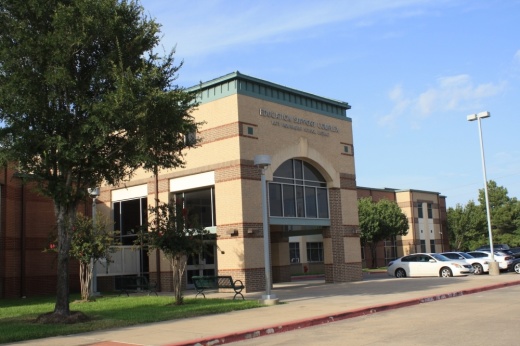“We are going to be able to lower the tax rate,” Smith said. “The question is, how much? And we won’t know that until summertime.”
He estimates KISD will lower its maintenance and operations tax rate $0.016 due to House Bill 3, a school finance reform law passed during the 86th legislative session.
However, that number could change based on property value growth, among other factors, he said. KISD plans to keep its interest and sinking rate the same, he added.
The district’s total 2019-20 adopted tax rate is $1.4431 per $100 in valuation. For the 2020-21 school year, KISD administration is projecting an increase of 4,244 students, or a year-over-year increase of 5.1%, Smith said. The district will have to hire more teachers, paraprofessionals and other staff to service the enrollment increase.
However, having additional students also means having additional state funding, Smith said. HB 3 provides an allotment for fast-growing districts. For KISD, the fast-growth allotment is estimated to be $19 million, he said.
The 2020-21 projected budget estimates $844.6 million in revenue, an increase of $49.6 million from the official 2019-20 budget, according to Smith’s presentation. Smith stressed the 2020-21 numbers are projections prepared before spring break—before the coronavirus—and state officials and committees are still working through HB 3 to calculate the funding for Texas school districts. The budgeted numbers can change.
Board member Susan Gesoff asked Smith how KISD will fare if a recession occurs. Smith expressed confidence the district will continue to grow enrollment and added KISD has been preparing for such a scenario.
“This school district is in a position to handle fiscally a year of tough time,” Smith said. “Administration here in Katy—at least as back as far as I’ve seen—has been able to manage within those ebbs and flows of uncertainty."





